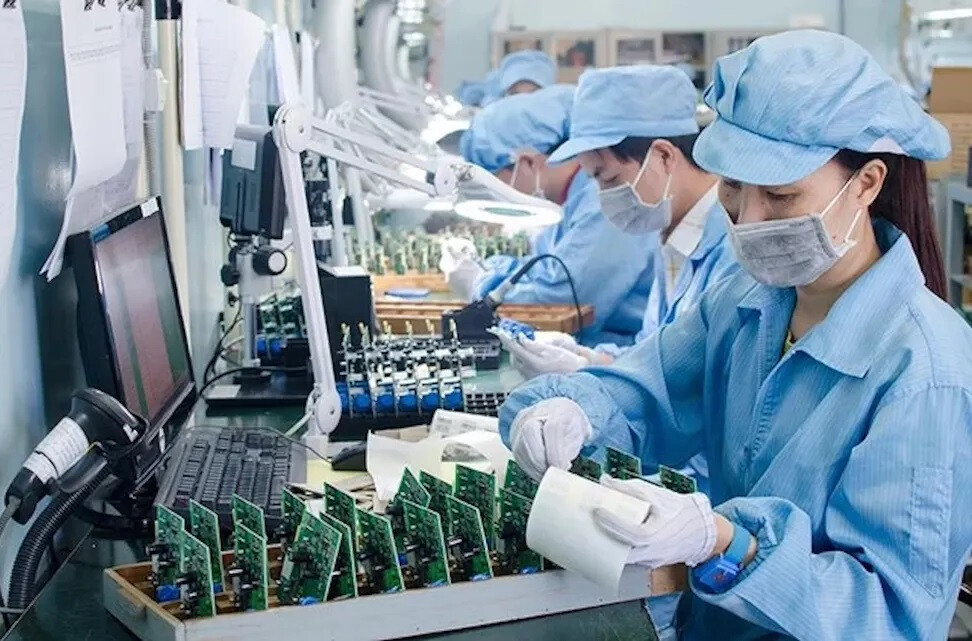
As Singapore and Vietnam emerge as rising powers in the semiconductor industry, they are exploring new growth opportunities through cross-border cooperation. An official from the Singapore Semiconductor Industry Association (SSIA) emphasized the importance of collaboration at a hybrid seminar held in Singapore on the 24th, stating, "The Vietnamese semiconductor market size exceeded $18 billion in 2024 and is expected to grow to over $31 billion by 2029."
The seminar, co-hosted by the Vietnam-Singapore Trade Office and the SSIA, was attended by numerous investors and industry stakeholders, including international semiconductor industry groups, Qualcomm, and Marvell. Discussions focused on the potential, strengths, and development strategies of Vietnam's semiconductor industry.
In his opening remarks, Tran Phuoc Anh, the Vietnamese Ambassador to Singapore, stated, "The Vietnamese government considers the semiconductor industry a key sector of the national economy." He explained, "In 2024, the Prime Minister announced the development strategy for the semiconductor industry until 2030 and a vision for 2050. Through this, Vietnam aims to become a global hub for semiconductor talent training by 2030 and build core competencies in research, design, manufacturing, packaging, and testing." He also projected that the average annual industry revenue from 2024 to 2030 would exceed $25 billion, with a value-added growth rate of 10-15%.
Ambassador Anh highlighted Singapore's rich and advanced experience in this field, emphasizing the significant potential and cooperation opportunities between the two countries.
Ang Wee Seng, Executive Director of the SSIA, said, "Singapore's semiconductor ecosystem currently accounts for about 12% of the global semiconductor market and contributes about 8% to Singapore's GDP." He asserted that "cross-border collaboration in Vietnam's rapidly emerging semiconductor industry is key to unlocking the next generation of growth opportunities."
Ang assessed that Vietnam is rapidly emerging as a key destination for innovation, manufacturing, and investment in the semiconductor sector, driven by strong government support, an improved business environment, and a strategic location in the regional supply chain. He noted increasing interest in Vietnam across the entire semiconductor value chain, from design to assembly, testing, and packaging, particularly driven by rapidly growing electronics and technology manufacturing sectors such as automotive (including electric vehicles), home appliances, and telecommunications.
This trend aligns with Singapore's key interests, offering significant potential for collaboration between the two countries, Ang added. He cited 'talent' as a crucial factor driving this growth, emphasizing that cultivating a skilled workforce and securing visionary leadership are essential for sustained innovation.
Regarding the future development of the semiconductor industry, representatives from participating companies suggested that Vietnamese companies should focus on research and development of specialized chips and next-generation electronic devices integrating AI chips, invest in supply chain development, and build relationships with raw material, component, and equipment suppliers. They also recommended strengthening international cooperation, attracting investment from major global companies to acquire development experience and advanced technology, promoting investment in technological infrastructure, building strong brands, and expanding the domestic market.
Meanwhile, the Vietnam Trade Office announced plans to soon send a delegation of Singaporean investors and semiconductor industry partners to Vietnam to promote investment in this sector.
[Copyright (c) Global Economic Times. All Rights Reserved.]






























